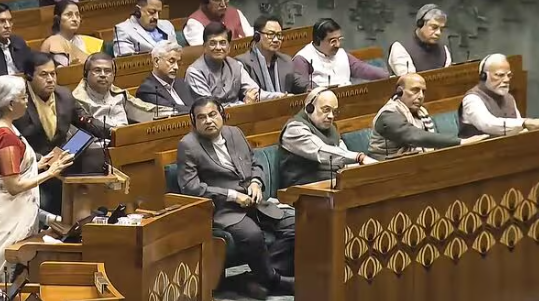NEW DELHI, JAN 31—With the unveiling of the Economic Survey on Friday, all eyes are now on Finance Minister Nirmala Sitharaman as she prepares to present the Union Budget for 2025-26 in Parliament on Saturday, February 1. The upcoming budget is anticipated to further the government’s agenda of driving substantial economic growth with a focus on equity.
The Economic Survey 2024-25 underscores the government’s commitment to enhancing the quality of life in rural areas to foster equitable and inclusive development. Financial inclusion is spotlighted as a critical area, ensuring easier access to credit for rural households and small businesses through microfinance institutions, self-help groups, and other intermediaries.
Key initiatives highlighted in the survey encompass infrastructure development, rural housing, sanitation, clean fuel, social protection, and improved connectivity, all aimed at boosting rural livelihoods. Consequently, the agriculture and rural sectors are expected to receive increased allocations in this budget, alongside welfare schemes designed to uplift the underprivileged.
The finance minister is also expected to continue the government’s policy of ramping up investments in major infrastructure projects to fuel growth and generate employment opportunities. The Economic Survey emphasizes that significant investment in infrastructure over the next decade is vital to achieving India’s development aspirations. While estimates on the required investment vary, there is a consensus that current infrastructure spending needs to rise to meet these goals. Over the past five years, the government has prioritized infrastructure, with capital spending by the central government on major sectors growing at an average rate of 38.8 percent from FY20 to FY24.
Additionally, there is hope for concessions aimed at the middle class, including potential reductions in income-tax rates and an increase in standard deductions. Under the old tax regime, the basic income exemption limit is set at Rs 2.50 lakh, while it is Rs 3 lakh for those opting for the new tax regime. A lower income tax burden would leave more disposable income in the hands of the people, spurring demand and further boosting economic growth.



